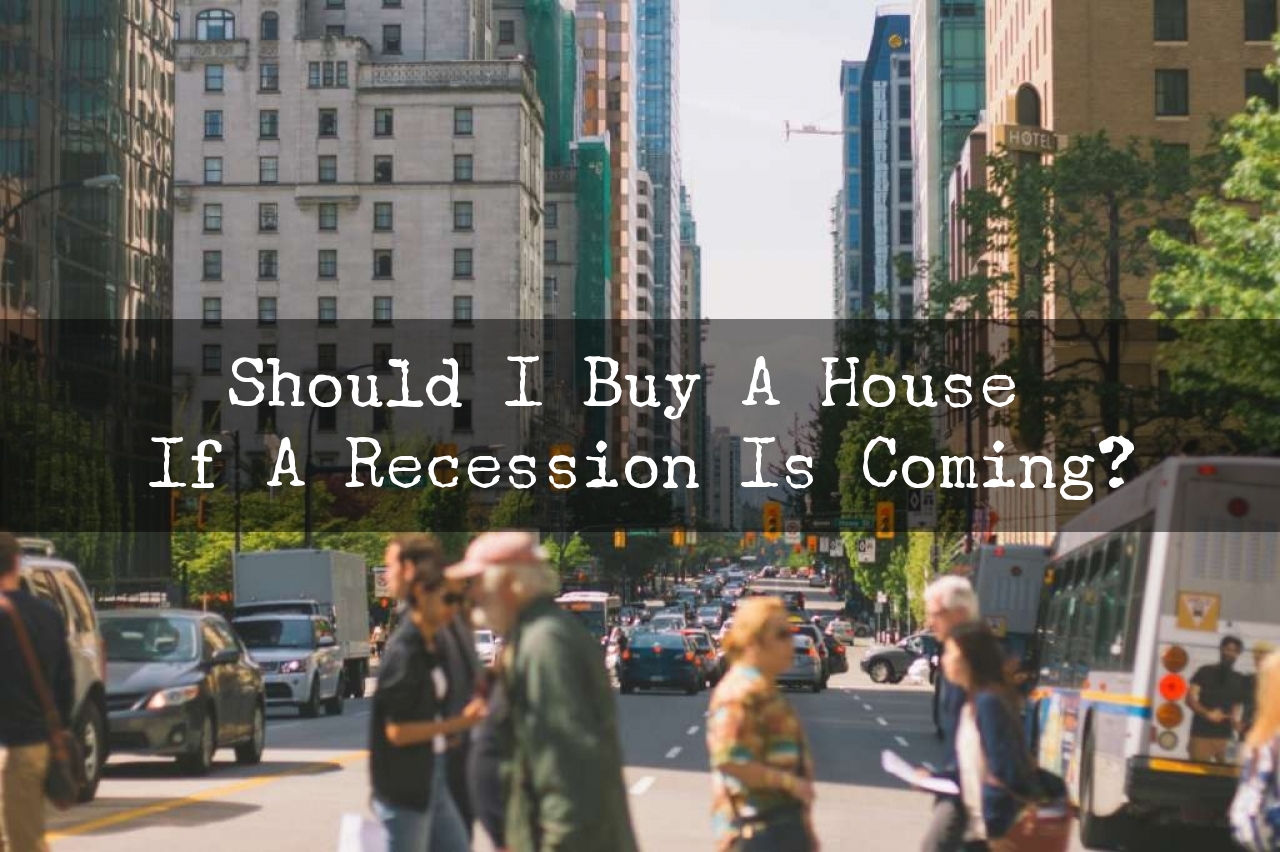Should I Buy A House If A Recession Is Coming?
Unless you’ve been on a “cut the cord” vacation, you’ve seen last week’s headlines warning that an inversion in the bond market has folks worried we’ll be entering a recession soon. About a third of economists think we’re likely on that road. Remembering the Great Recession, should we shun the real estate market?
No.
As the New York Times points out, the last two big recessions occurred because something was in a bubble. In the early 2000s, it was the tech bubble and resulting crash made worse by September 11. The Great Recession began in the housing market that exposed shady lending and rippled into the global financial crisis. At the moment there is no similar bubble out there. There are trade wars and tariffs. There are diplomacy stand-offs and a global rise in nationalism and populism that are fraying the stability of historic global ties. These governmental policy issues largely affect the business world and cause uncertainty which leads to conservative spending. Consumer spending is still chugging along fine. But let’s say that business decides to pullback in a real way which starts the domino effect of lost jobs, lower wages that then do impact consumer spending (two-thirds of spending). Then we may see real estate prices impacted. But again, learn from history.
A Dearth of Housing Starts
If there is a pullback in consumer confidence that affects home buying and renting, that in turn will crimp development (not as severely as the housing-led Great Recession). So a recession might lower prices as supply grows (should you wait, probably not) but then what?
The Great Recession has resulted in over a decade of NOT building enough housing units to satisfy population growth and normal household formation rates (moving out of the basement). Historically, that rate has been between 1.5 and 1.6 million housing units annually. Believe it or not, as the chart above vividly shows, we have still not even begun to fill the hole created by 13 years (and counting) of below breakeven building rates. In 2018, US housing starts were 1.25 million – that’s 300,000 or 20 percent fewer homes than breakeven! If a recession hurts housing construction, it’ll put the nation even further behind in housing construction (tightening supply) when it’s over. When supply is low and demand high, prices go up. During the Great Recession, we all wondered if underwater mortgages would ever recover. Of course they did, often with a vengeance...

